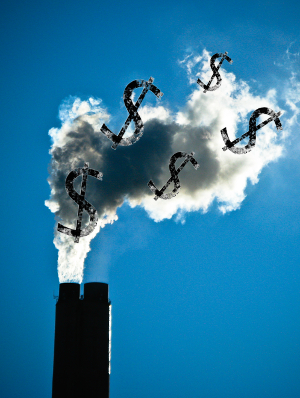Bowen goes for carbon review
 The federal government has launched an expert review of Australia’s carbon credit system.
The federal government has launched an expert review of Australia’s carbon credit system.
Claims of rorting, conflicts of interest and transparency shortfalls have plagued Australia’s carbon credit system.
The system is critical for Labor’s plan to cut national emissions by 43 per cent in 2030.
But before then, Energy and Climate Change Minister Chris Bowen has announced scientist Ian Chubb will review the system.
The review is aimed specifically at the credibility of carbon-reduction methods like human-induced regeneration, carbon capture and storage, avoided deforestation and landfill waste gas.
Dr Chubb was chief scientist between 2011 and 2015 and served on the government’s Climate Change Authority think tank. He will soon lead a panel of four experts on the review, reporting back to Mr Bowen by December 31.
Mr Bowen says Australia’s system of issuing credits to avoid or reduce carbon emissions “remains a strong and credible scheme supported by participants, purchasers and the broader community”.
“A strong carbon crediting system will encourage more organisations to take steps to reduce their emissions, help Australia meet its emissions reduction targets, and better support our regional economies,” he said this week.
The review will also investigate ways that carbon credits could generate side benefits such as agricultural productivity, involvement of Indigenous communities and other environmental outcomes.
The terms of reference also call for consideration of whether the Australian Carbon Credit Unit (ACCU) scheme’s “governance structure is fit for purpose” including the division of roles and responsibilities within agencies, and “management of conflicts of interest”.
The review panel will advise on whether legislative change is needed, the “appropriate transparency” of the scheme, and potential improvements in the reporting and publication of data.
The Chubb review will take evidence from a wide range of sources, including experts, academics, First Nations groups, business, industry and consumer groups, and Commonwealth and state and territory agencies via written submissions and meetings.







 Print
Print